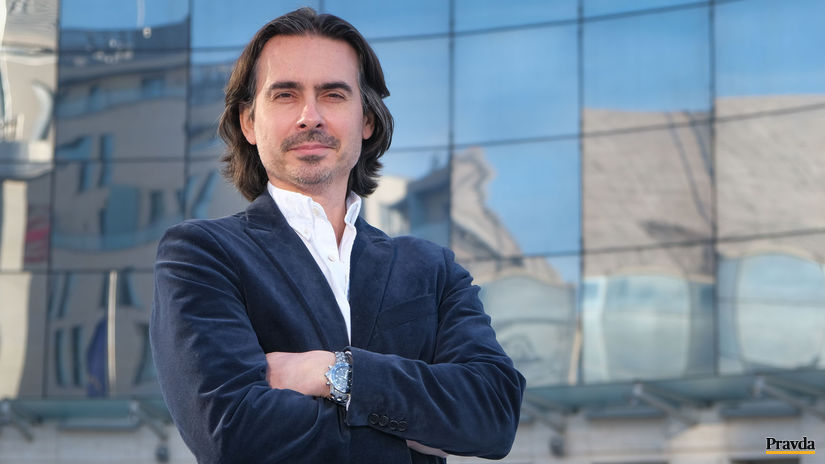Not much this week on France and Roma. A rumour about people being abducted and of a traffic of human organs involving Roma spread through France. Las time such a rumour occurred, Roma were victims of attacks. Other than that, three camps closed near Paris, one in Lyon, and in Montpellier, apparently some success at integration.
- Rouen : Des enlèvements et un trafic d’organes ? Attention, c’est une rumeur. In: 20 Minutes (FR). 26.10.2022. https://www.20minutes.fr/faits_divers/4007316-20221026-rouen-enlevements-trafic-organes-attention-rumeur
- Des kidnappeurs voleurs d’organes à Rouen ? Gare à cette rumeur sur TikTok et Snapchat ! In: Actu.fr. 10.2022.https://actu.fr/normandie/rouen_76540/enlevements-et-trafic-d-organes-a-rouen-une-fake-news-se-repand-sur-tiktok-et-snapchat_54716125.html
- Sarcelles : trois camps de Roms évacués en deux jours. In: Le Parisien. 30.10.2022. https://www.leparisien.fr/val-d-oise-95/sarcelles-trois-camps-de-roms-evacues-en-deux-jours-30-10-2022-EIXPA4SPVVB6NCHFVNFDARZV4I.php
- Villeurbanne: l’évacuation du squat du rond-point de Croix-Luizet semble imminente. In: Le Progrès. 28.10.2022. https://www.leprogres.fr/faits-divers-justice/2022/10/28/squat-du-rond-point-croix-luizet-l-evacuation-semble-proche
- Montpellier : à La Rauze, un travail social efficace auprès des familles roms. In: Le Midi Libre. 29.10.2022. https://www.midilibre.fr/2022/10/29/montpellier-insertion-scolarisation-laccompagnement-social-des-familles-roms-porte-ses-fruits-a-la-rauze-10768445.php
